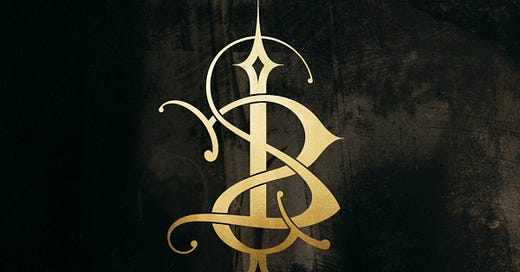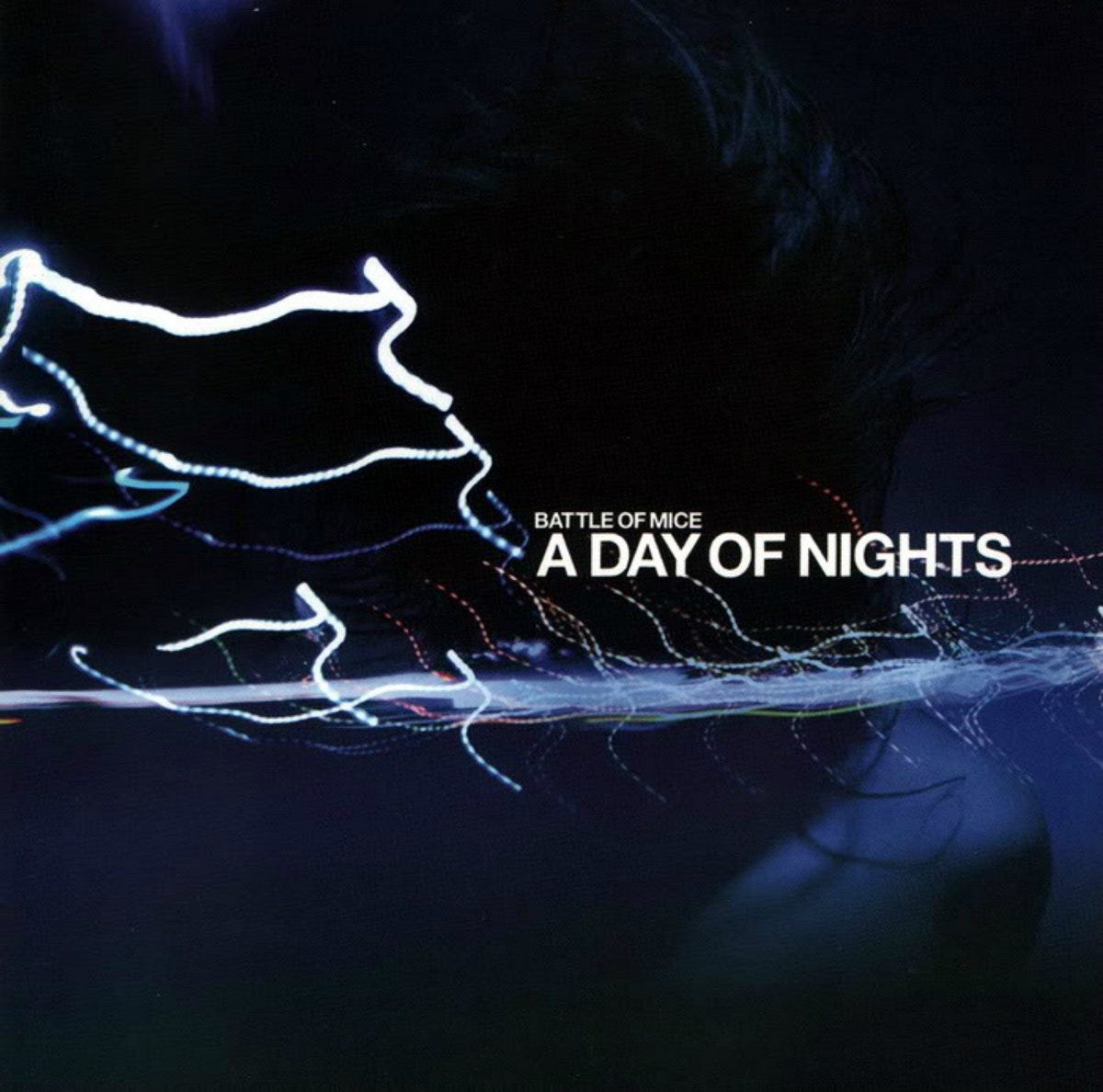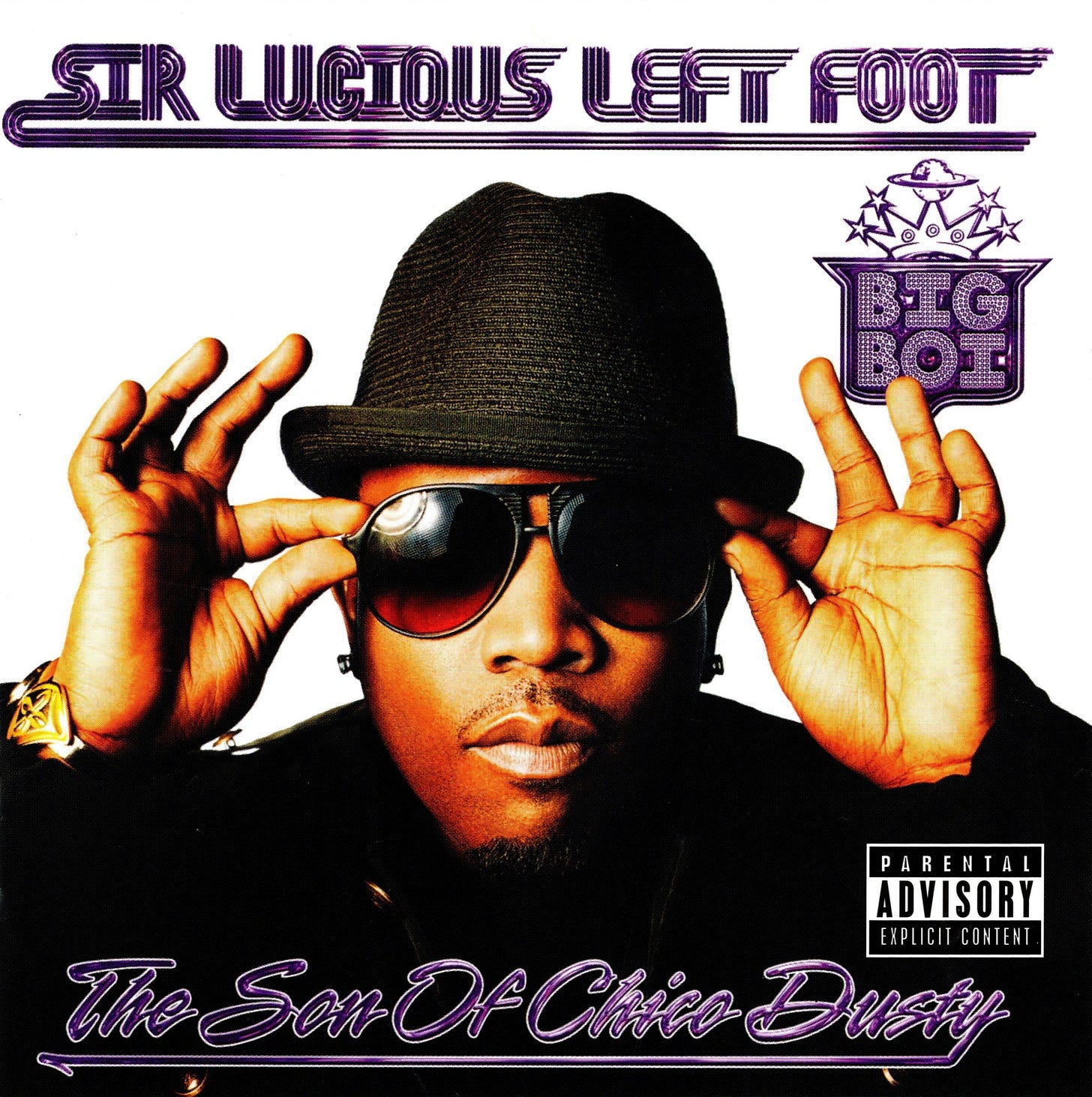Now that I’ve had a month to reflect, I’m ready to talk about voting. Voting in Music League that is!
What is Music League? Music League is a game built on top of Spotify, in which players compete to earn points for their taste in music. The specifics change from league to league, but the basic game loop goes like this: each week the moderators of the league choose a theme or a prompt, to which the players anonymously submit a song they think best fits that theme. Once all the players have submitted their songs, or after a predetermined deadline, Music League generates a playlist of the submissions. Then the players vote on their favorite songs. Whoever earns the most points after all of the rounds are over is crowned the winner.
That’s the gist of it, but the app gives users a number of options to fine-tune their experience. You can change the number of points that players have to distribute each week, and you can give players the option to spend their points toward negative votes on songs they don’t like. However the biggest variance comes from the players themselves. Like any competition, Music League’s real challenge comes from its meta game. In other words, who you’re playing with determines how you play. In order to play Music League you need to trust your taste and follow the prompts. But in order to play Music League well you have to understand the tastes of your audience. In Music League you are simultaneously a candidate and part of the electorate. This would be a complicated enough challenge in a league full of friends, but the league I’m playing in is a chain of friends of friends, stretched out far enough that many of us are total strangers to each other. This makes Music League a perfect game for critics curious to to understand the taste of others.
As a metal head who often finds himself in company unappreciative of the wit and charm of Cannibal Corpse et al, I have plenty of experience modulating my taste to fit the room. The problem was figuring out which room I had found myself in. Every round functioned as an echolocation. Seeing which songs performed well or bricked on impact gave me a sense of I could get away with in future rounds. No piece of information is as simple as “submit more like this” however. Even a song that does terribly still represents a person whose vote you’ll need to win over with your own submission. Since I brought up metal earlier let me offer up an example. One player in my league regularly submits power metal and symphonic metal songs from bands that even I, a former on-the-payroll metal journalist, have straight up never heard of. That stuff exists in its own bubble, even within the niche of metal culture. As you can imagine these tunes do not perform well. However, their presence on the playlist suggested that if I picked metal songs with a little more appeal, or at least name recognition, to the average person that I could count on at least one fellow metalhead’s support. Based on the high point totals I received for Metallica’s “For Whom The Bell Tolls (submitted for the “songs with literary references” category) and Iron Maiden’s “Hallowed Be Thy Name” (songs you’d show to the aliens) this hypothesis was spot on. When I submitted a song from the younger and less established Unto Others for our Halloween round I didn’t do half as well.
Playing to the center doesn’t always work however. Sometimes a choice is almost too obvious, or an artist too exposed. My attempt to pander to the indie-folksy sensibilities of my midwestern competitors by submitting a Bon Iver song blew up in my face. When ~*My Girlfriend~* submitted Kendrick Lamar’s smash hit “Not Like Us” earlier this year she was similarly stonewalled. Are these two anecdotes a Harris & Walz allegory? Only you can decide! This isn’t to say that very, very popular music doesn’t do well in Music League. Outkast, Prince, and Marvin Gaye for example have won points so consistently that they nearly feel like cheat codes. Nor should you get the impression that the league is full of “rap is crap” dinosaurs. Rap tracks from previous decades tends to do quite well, but the further the release date inches toward the present the shakier its prospects get.
This points to a larger truism that I doubt anyone needs a game to learn: people like what they already like. That Linkin Park’s “Numb” has appeared and performed well in all four variations of the league says everything about our millennial millue that you’d need to know. That knowledge proves doubly useful once it is time to vote. While the rookie player might vote earnestly, giving their favorite songs the most points with no thought to the outcome, seasoned vets might crackle their knuckles and, like the #resistance of yore, engage in some game theory. If you can tell that a song is going to do well with the rest of the players, wouldn’t it behoove you to allocate your votes elsewhere? Likewise, it makes way more competitive sense to spread your points as wide as possible instead of bunching them together on a small handful of tracks. Few things in the game are as frustrating as slapping two points on a song that beats you by one point.
However, I suspect that few other players are being nearly this Machiavellian. You don’t have to care about any of this stuff. Plenty of people are happy to just do their own thing and ignore point totals altogether. With the right co-players Music League can function purely as a music discovery engine. But if you’ve read this newsletter with any frequency you know that discovering music isn’t something I need much help with. I’m far more interested in discovering what music means, socially and personally. To this end I find Music League fascinating. It allows me to test on a weekly basis what music people respond to and under which circumstances. Given that other recent polling outcomes suggest that I don’t know anything about this country’s culture at all, these small insights go a long way to making the world make a little more sense.
With that in mind, I’d love to learn a little more about you. What music do you care about? What’s made the biggest impression on you this year? What do you say, should we start a Lamniformes Music League? Let me know in the comments below!
# # # # # The Self Promo Zone # # # # #
This is the final “normal” newsletter from me this year. As is my custom, I am taking December off from regularly scheduled free newsletters. I won’t be gone entirely, of course. I can’t resist the temptation of compiling a Best Albums Of The Year list, nor can I bring myself to skip out on talking about the movies that I saw in theaters in 2024. And yes, there will be a Drumming Upstream Wrapped where I’ll unpack and address where the series went wrong this year. These posts won’t arrive at predictable intervals, however. What will arrive predictably is exclusive content for my paying subscribers. Every Monday we’ll continue my journey through my old “Best Songs of the Year” playlists, and once the new year comes around I’ll have even more special features on the way. I’ve seen an influx of new paid subscribers over the last month or so, for which I’m extremely grateful. If you’d like to join in the fun, you can subscribe for $5 a month or the low, low price of $40 a year.
~ ~ ~ ~ ~ Listening Diary ~ ~ ~ ~ ~
Here are five songs that I enjoyed listening to recently! You can find a Spotify playlist with all of this year’s tracks here, updated with a new song every Monday-Friday.
“The Cost of Giving Up” by Poppy (Negative Spaces, 2024)
I’ve refrained from giving Poppy a serious shot due to the exact path of my six degrees of separation from her (the story is a little too long and uninteresting to get into right here and now) but after a few trusted sources recommended her latest I relented. Glad I did! It’s hard to put a finger why her take on pop metal resonates with me more than the “stadium class” we discussed earlier this year (Spiritbox, Bad Omens, Sleep Token). I think it helps that nothing in Poppy’s music feeling like a “gotcha!” or a “wait, they’re good?” reveal where “good” stands in for either metal or pop. Maybe it’s just the way her nasal vocal tone fits better over 8-string guitars than Mormon R&B baritones (I know those bands aren’t literally Mormon, but, uh, you get what I’m saying right?) The short burst of double time also feels more like the move a “real” metal band would make than a play towards the middle.
“Strand and Tether” by Solar Wimp (Trails of Light, 2024)
If you rely on the Spotify version of the Listening Diary to keep up with these tunes, beware! This song, and the rest of Trails of Light, Solar Wimp’s final album, is a Bandcamp exclusive. Good for Solar Wimp for going out on their own terms. It’s high time that an album’s absence from mainstream streaming makes it mysterious and aloof in a cool & sexy way. Maybe the success of Cindy Lee suggests that time has come. Well, that anti-streaming allure is twice as appealing for an underground metal record. You know for sure they’re going to get freaky with it. The shape of Solar Wimp’s freakiness: jazzed up thrash metal with a burning sax solo from Patrick Shiroshi. Though the trio are from LA, this track feels spiritually closer to the Weird Thrash of the Bay Area underground, where heaviness is less important than deftness.
“Building” by Adelyn Strei (Original Spring, 2024)
Shouts out to my former neighbor and fellow Greenwood Cemetery runner on this new record. Apologies for the Lamniformes Cuneiform cliche, but this isn’t a record where it’s easy to pull out a single cut. The capital-S songs flow seamlessly into the instrumental tracks, making it hard to capture the full effect if you only dip in for four minutes. This track’s layered guitar harmonics and minor key bass line make it the most “Lamniformes” part of the album.
“Shadows of a Shadow” by Veilburner (The Duality of Decapitation and Wisdom, 2024)
This record got hype on both the Action Button Discord and the Death//Sentence Discord, proving two things: 1) Discord is the real social media these days and 2) this was bound to be some real freaky heavy metal. Even more evidence toward that second conclusion is Veilburner’s outrageous dedication to making every track on this record exactly seven minutes long. Don’t let the wacky concept scare you off lest you only seek nasty riffs. These weirdos have the riffs. The one at 6:20 is worth the wait. Some very tasty microtonality on this, if my ears don’t deceive me. Extreme metal that isn’t afraid of the flanger or chorus will always earn my respect.
“Death & Romance” by Magdalena Bay (Imaginal Disk, 2024)
Here’s another record that I resisted for petty reasons. I saw Imaginal Disk at the top of the Rate Your Music chart for months and declared to myself, finger pointed to the back of the proverbial plane, “that band isn’t real”. I have a hard time trusting anything that I only see discussed in one place. I crave multiple sources. It wasn’t until my homies in Ferrn played me a few cuts at a post-practice aux passing party that I realized the errors of my ways. My apologies to Magdalena Bay, you are a real band that exists and you deserve your high scores. That is some masterful syncopation in the vocal melody, and I love the Madchester piano part chugging away in the background.
\ \ \ \ \ Micro Reviews / / / / /
Here are five micro reviews of albums from my vast Rate Your Music catalog. Long time Lamniformes Instagram followers will recognize these from my stories, however they’ve been re-edited and spruced up with links so that you can actually hear the music instead of just taking my word for it.
The Greater Wrong of the Right by Skinny Puppy (2004) - Industrial
An older goth girl at summer camp told me, and I paraphrase, “Nine Inch Nails is for posers. You need to listen to THIS”. Years later I’d learn that older Skinny Puppy fans think this record is also for posers. There’s always a bigger, more “authentic” fish. This is Skinny Puppy’s first reunion record and feels more like a continuation of their singer’s solo work than a return to form. The production is really creative and rich with details, but the songwriting is a little thin. Every track could stand to be a bit shorter. Those first two tracks get me hyped though.
A Day of Nights by Battle of Mice (2006) - Post-Metal
Recorded while singer Julie Christmas and guitarist Josh Graham were in the process of what sounds like a real messy breakup, this album is as close as we’ll get to a post-metal Rumors. Maybe the only metal album that has a lyrics about faking orgasms? The recording is impeccable, which only makes the raw intensity of Christmas’ performance all the more discomforting. I’m talking like, Korn levels of hair-raising emotionality. Includes a sample of what might be a call to a crisis line as a coda to one track. Not an easy listen, but maybe one of the most electrifying albums in the style.
Eternal Kingdom by Cult of Luna (2008) - Post-Metal
The center of an Orson Wellsian hoodwink on the metal media. Leading up to the album, Cult of Luna spun a yarn about practicing in an abandoned mental asylum and using a dead patient’s diary as lyrical source material. Metal blogs took this story and ran with it no questions asked. The point borne out by the album itself is that the line between fiction, fantasy, and reality is a moving target (maybe Satoshi Korn is the better film analogy here?) For a while this meta-text overshadowed the tunes on this record for me, but once I saw Cult of Luna play them live it was hard to deny that some of their best work was on this disc. Still not my top pick by them, but undeniably good.
Sir Lucious Leftfoot: The Son of Chico Dusty by Big Boi (2010) - Rap
Big Boi’s first post-Outkast solo album, which I picked up on the operatic strength of “General Patton” before I got into Outkast. Coming back to this album now as a more knowledgeable rap fan this makes a whole lot more sense. The tracks are littered with allusions to older Southern rap as well as 80s electro-R&B. It also feels aggressively 2010, what with Yelawolf getting two verses in a row. The best stuff are the singles at the top and the longer collaborative tracks in the final stretch, “Shine Blockas” with Gucci Mane in particular. Cool album, but it’s no Outkast.
The Suburbs by Arcade Fire (2010) - Indie Rock
Barring an unexpected return to form, this is the last Arcade Fire record that I enjoyed [Editor’s Note: it’ll take a lot more than a return to form at this point]. And for what it’s worth I enjoy it a lot, although my adoration has been tarnished by the bad taste of the subsequent two albums [among other things!]. Frank “Friend of Music” Meadows once called this “Toy Story 3: The Album” and I think that nails it. This album was laser focused on the heartstrings of 20 year olds, now just old enough to have a romantic view of their past but still young enough to not know how to manage that feeling in the right proportion. I don’t know if Arcade Fire’s boomer bombast and millennial sentimentality really works for me anymore, but I think that this is easily the tightest collection of songs they’ve released.








